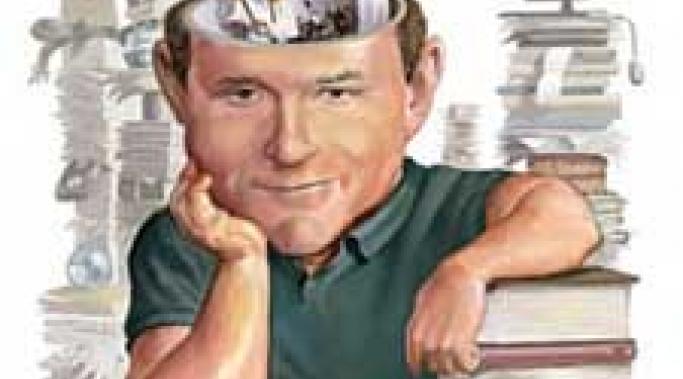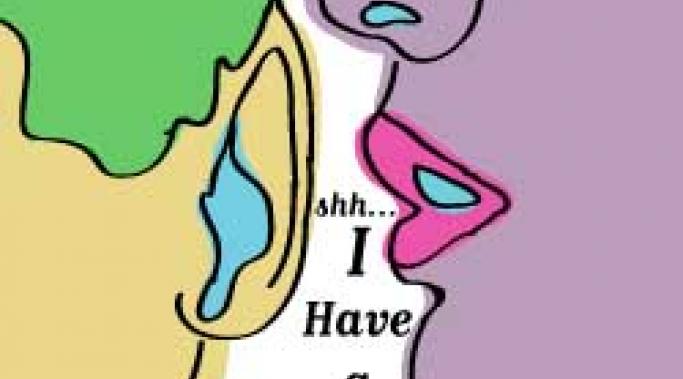Self-kindness was never a coping strategy I had, even with my posttraumatic stress disorder (PTSD). Remaining 'busy' likely had a lot to do with having had a satisfying career. Many people who've experienced a traumatic event can understand the sentiment of keeping their minds occupied and off of their agonizing memories with tasks; when their lives abruptly change, things can feel unmanageable. I'd practiced medicine for 25 years and then survived a car crash, suffering multiple, life-altering injuries. My concerted efforts to practice medicine being unsuccessful meant that I had to retire and simply accept my disabilities.
This was devastating. The traumatic memories from childhood and the crash and its aftermath were overwhelming. There was no way to merely work it all away, which had been my typical strategy, as well as work having been my identity for years. I experienced a major depression after repeatedly telling myself with astonishing certainty, that "I am a failure."
Mental Illness at Work
A secret is usually not healthy. But keeping a secret about your self-harm can be downright deadly. Today's the day I tell my story of self-harm.
Since the inception of cognitive behavioral therapy, psychologists have known that your behavior is vital in treating depression successfully. And, if you've ever been depressed, you know that a hallmark symptom of depression is having no motivation or desire to do anything--even things you previously enjoyed. You just can't imagine feeling any sense of satisfaction or enjoyment, and the problem is, you're partially correct! Anhedonia (lack of ability to experience pleasure) and amotivation (lack of motivation) are two of the most debilitating symptoms of depression because they keep you from doing the things that would make you feel better.
I have a brain disorder. A real brain disorder. It’s not made up. It's called Tardive Dyskinesia and it was caused by antipsychotic medications that I was prescribed to help control my bipolar disorder. And the kicker? I don’t believe I ever had bipolar disorder. I haven’t been depressed, suicidal, manic, psychotic or anything but happy since I got off my bipolar medications. It was the best decision I ever made in my life. I just wish I had made it a little sooner.
More often than not, when people see others yawning, they find themselves yawning as well. This phenomenon is known as social yawning and it involves a deeper set of emotions. Yawning in this scenario reflects a person’s empathy for another. Such instinctual display of empathy usually strengthens the social group and the relationship among individuals. However, recent research shows that contagious yawning is not always the case for people on the autism spectrum (ASD, Autism Spectrum Disorder).
Research offers many explanations for the deficiency to perceive emotions typical for the ASD population. The most dominant one is that autistic children tend to confuse the expressions being displayed and therefore find it difficult to interpret them successfully.
We live in a feel-good society, a society in which happiness is valued above all else. We have bookstores with whole self-help sections devoted to finding happiness, keeping happiness, being optimistic. Magazines, from fashion to health, have article-after-article about how to be happy; be happy with your sex life, be happy with your body, be happy with you career. Right now, we just concluded the season of merriment and joy. Happy holidays, Merry Christmas, Happy New Year, God bless us every one, and Joy to the World.
Do you have a child with mental illness? Sometimes, receiving inquiries from others about your child's mental health situation can catch you off-guard or be awkward.
The effects of adult ADHD can be so destructive, especially when mixed with depression. So many times, we hear the symptoms of adult ADHD described simplistically. You know them:
Inattention
Boredom
Impulsiveness
Anger Issues
The list goes on, but what people don't understand is that these symptoms, taken in their entirety, can have a profoundly negative impact on the person with adult ADHD.
About 7.7 million adults and 20% of children and adolescents suffer from severe mental illness. Severe mental illness is chronic and requires sustained treatment. Mental health has become the most politically charged topic of today but despite attention, one population remains unrecognized.
The overwhelming neglect of parents, families, and caregivers is what led me to write my first book. I have always been aware of systemic barriers. But I wasn’t aware of the great divide between parents, families, and caregivers and mental health professionals, services, or even advocacy groups. (Parents of Mentally Ill Children Have a Long and Difficult Journey)
I was talking with a friend recently about disclosure related to our mental illnesses. We were trying to figure out how and when you tell someone that you have a mental illness. It is a difficult problem, not only for those of us living with mental illness, but also for family members, because mental health stigma still exists. We were specifically discussing how, when, and if we should tell a potential employer about our mental illness.









